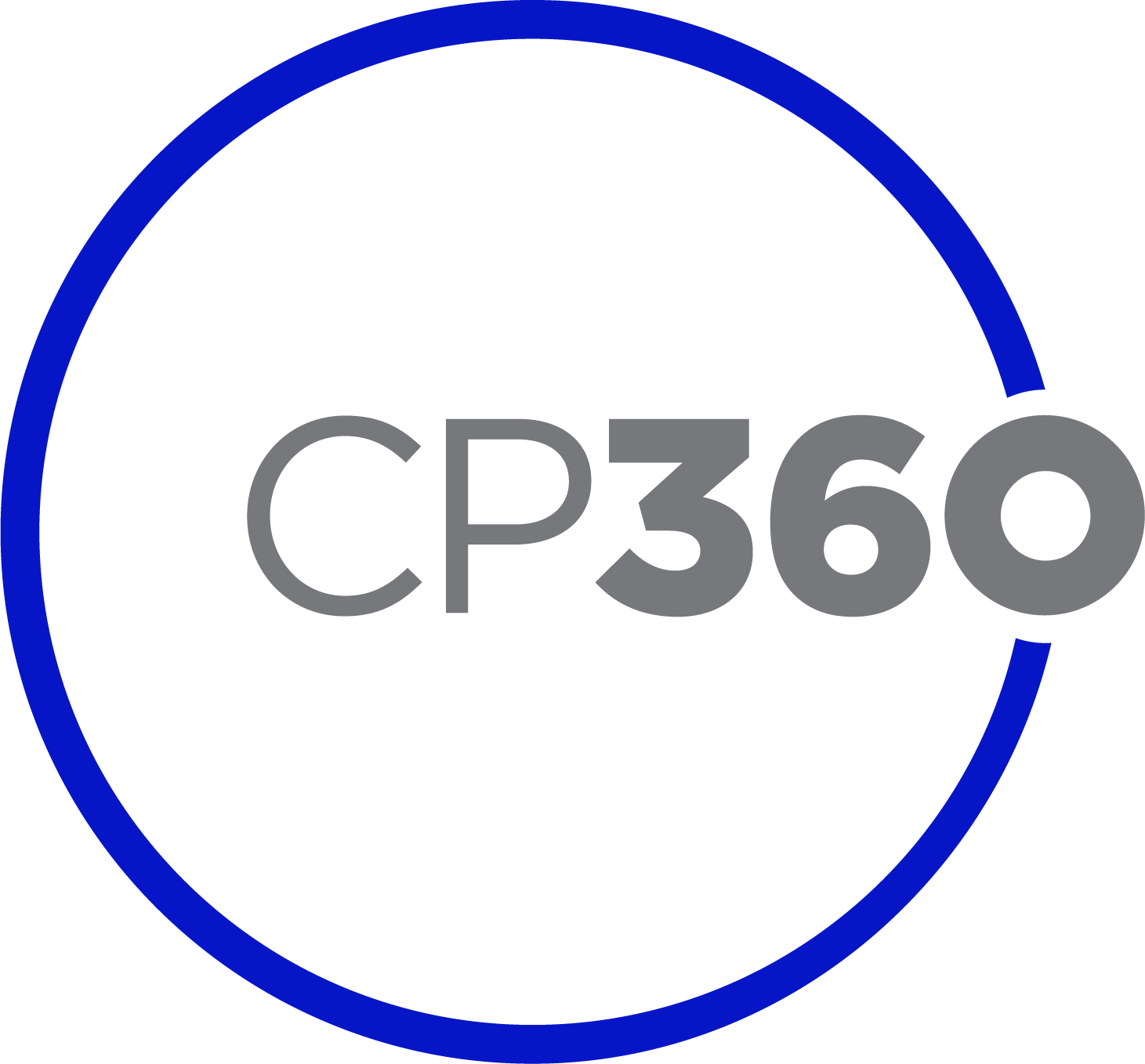Joie’s Newsletter #1
The Civility Test, Summer Reading Edition: What Barry Diller Taught Me About Growth
One of the books I read this summer was Barry Diller’s memoir, Who Knew. I picked it up expecting some good old Hollywood stories, some hot gossip about the glamorous Studio 54 days, and insight into how he had the vision to know QVC would be a hit. And sure, there’s plenty of those kinds of stories. But what I didn’t expect was how much it would make me think about teenagers. Specifically, the ones I work with every day who are applying to college.
What struck me most about Diller wasn’t his power or ambition (though there’s no shortage of either) but his obsession with productive conflict. He built his career by deliberately putting himself in rooms where people disagreed with him so they could push back, argue, and make things better by refusing to say yes too quickly. He believed that real progress, real clarity, comes not from comfort but from tension.
There’s a line in the book where he says something like: I don’t want to manage people who are afraid to argue with me. And I found myself rereading that page.
It reminded me of something I’ve been noticing in college admissions lately. Quietly, but more and more consistently, schools are trying to understand not just what students know or what they accomplished but how they handle disagreement. So I wasn’t surprised when The New York Times called me to discuss this new trend—nor when the article went viral.
The idea of incorporating a kind of civility test is not just a trend in job interviews; it’s also trending in admissions. And it’s not about being polite but about being able to stay in conversation when things get hard. Can this student sit in a seminar and really listen to someone they disagree with? Can they change their mind—or hold their ground without making it personal? Can they be intellectually open and emotionally grounded?
It’s not something you can fake. But it is something you can grow.
And interestingly, the students I’ve seen grow the most in this way weren’t necessarily the ones doing all the “right” things on paper and grinding away on standardized test prep. They were the ones who spent time in places that pushed them. Volunteering with people with genuinely different life experiences. Interning for an organization that didn’t align perfectly with their views. Working summer jobs where they had to talk to all kinds of customers. Listening. Adapting. Figuring out how to have a vision for a better work, stay true to themselves, AND stay in relationship with others who challenge their beliefs.
That’s what colleges are starting to look for. That’s what life demands, too.
Diller knew it. Socrates, Talmudic rabbis, and the Buddha knew it. Anyone who’s ever tried to do anything meaningful with other human beings knows it: growth is relational. We don’t get there alone, and we don’t get there by surrounding ourselves with agreement. We get there through the slow, sometimes uncomfortable work of holding space for tension—and letting it shape us, not break us.
This wasn’t what I expected from my summer reading. But it’s just what I needed to mentor my students.
More soon,
Joie
Education expert, founder, author of “B+ Grades, A+ College Application.”
